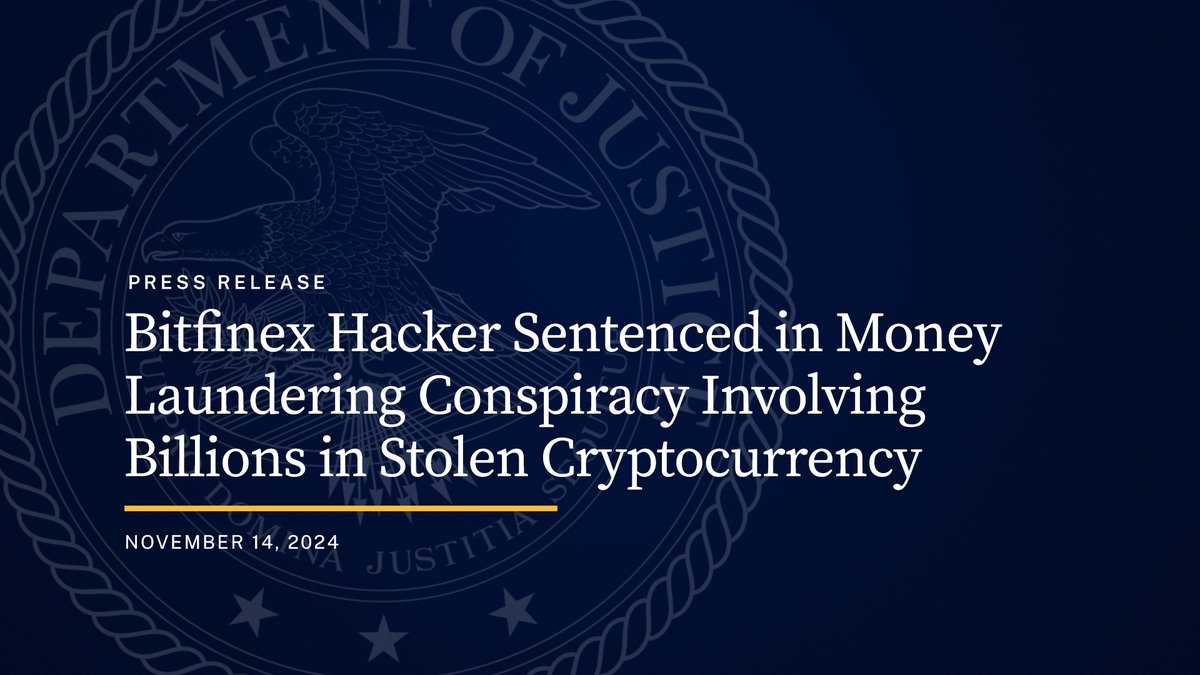The United States Department of Justice (DOJ) recently concluded a high-profile case involving Larry Dean Harmon, the operator of Helix, a cryptocurrency “mixer” that facilitated money laundering on the darknet.
Harmon was sentenced to three years in prison and forfeited assets worth hundreds of millions of dollars in Bitcoin, marking a significant step in combating financial crimes in the digital space.
Helix and Its Role in Darknet Transactions
Between 2014 and 2017, Harmon operated Helix as a Bitcoin “mixer” or “tumbler”, a service designed to obscure the origins and destinations of cryptocurrency transactions.
By routing digital payments through multiple accounts, Helix allowed users to launder money tied to illicit activities, particularly those on darknet marketplaces such as AlphaBay.
Helix processed over 354,468 bitcoins during its operation, valued at more than $300 million at the time. These transactions were often linked to drug trafficking and other illegal activities facilitated by darknet vendors.
Harmon also ran “Grams”, a search engine for the darknet, which he used to promote Helix as a tool for anonymizing cryptocurrency transactions and avoiding law enforcement detection.
More News: Daren Li Faces up to 20 Years in Prison for $73 Million Crypto Scam
Legal Actions and Sentencing
Harmon’s operations came under scrutiny in 2020 when he was arrested and charged with conspiracy to commit money laundering and operating an unlicensed money-transmitting business.
In August 2021, he pleaded guilty to these charges and agreed to forfeit over 4,400 bitcoins (valued at more than $400 million today) along with other assets tied to the scheme.
The sentencing reflects the severity of the offenses and underscores the government’s intent to clamp down on financial crimes in the cryptocurrency sector.
Although Harmon faced up to 20 years in prison, he received a comparatively lenient 3-year sentence, partly due to his cooperation in other investigations.
Larry Harmon’s brother, Gary Harmon, stole more than 712 bitcoins from his brother’s wallet using a wallet seed phrase, worth millions at the time. Instead of laying low, he spent the stolen money on flashy purchases, including a luxury condo in Cleveland.
He even posed for pictures sitting in a bathtub full of cash, which didn’t help his case. By 2023, Gary was sentenced to four years and three months in prison for the theft.
As for Larry, his legal troubles didn’t end with his prison sentence. He has to pay back over $311 million. In addition, he must give up other seized assets, including cryptocurrencies and properties. Earlier, the U.S. Treasury’s Financial Crimes Enforcement Network (FinCEN) had already fined Larry $60 million for breaking anti-money laundering rules.
Implications for the Cryptocurrency Industry
The Helix case sends a clear message to operators of cryptocurrency mixers and similar platforms: law enforcement agencies are increasingly adept at tracing digital transactions, even those deliberately obscured.
This development may discourage the use of such services for illegal purposes and promote stricter compliance with anti-money laundering (AML) laws within the cryptocurrency industry.
While cryptocurrency mixing services can be used for legitimate purposes, their role in facilitating criminal activities has made them a target for regulators and law enforcement worldwide.
The DOJ’s actions highlight the importance of transparency and accountability in digital financial systems as they continue to evolve. This case is a pivotal moment in the fight against financial crime in the digital era, reflecting the challenges and opportunities presented by cryptocurrency technology.
More News: MicroStrategy’s Bitcoin Investment Now Worth $20 Billion, ROI Over 106%





